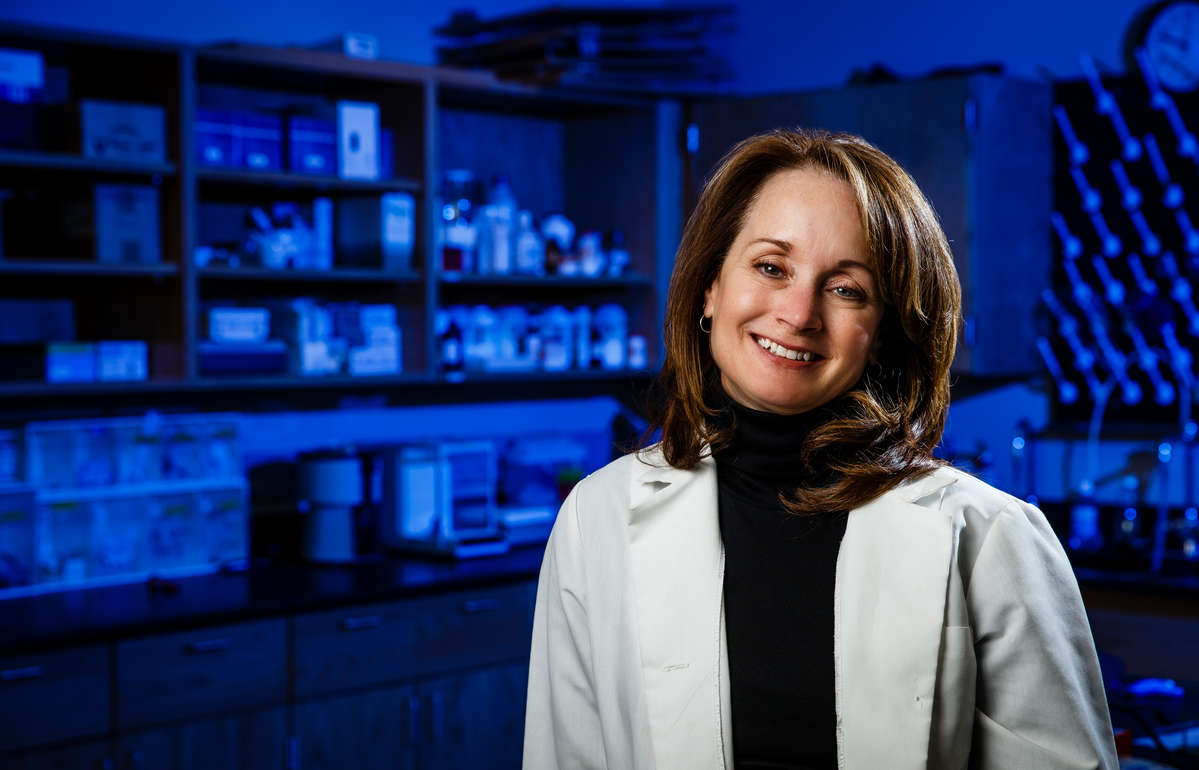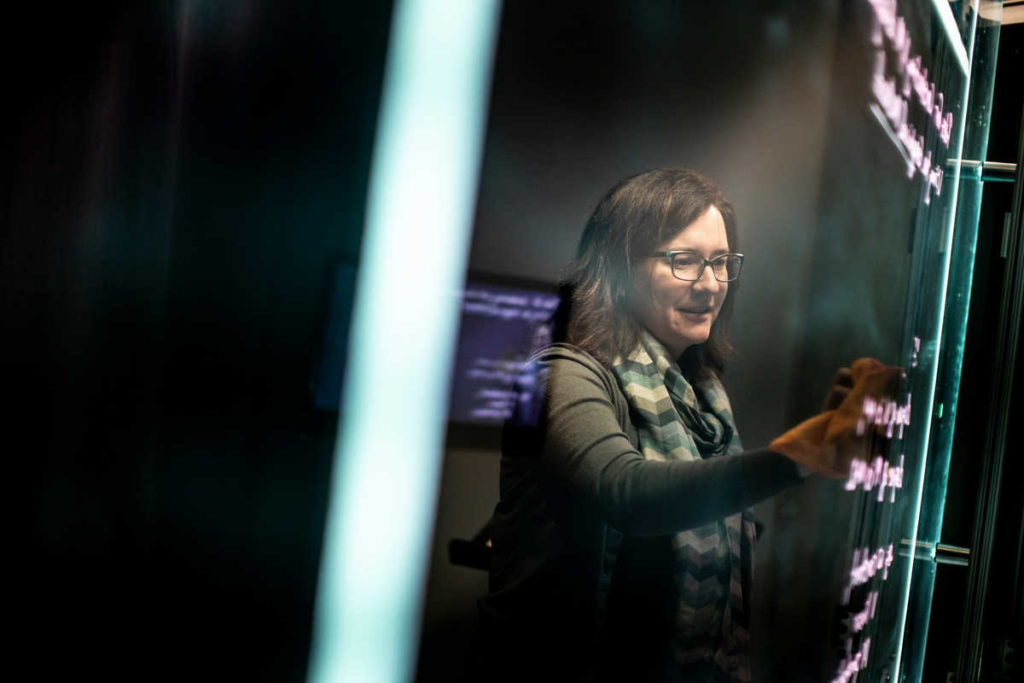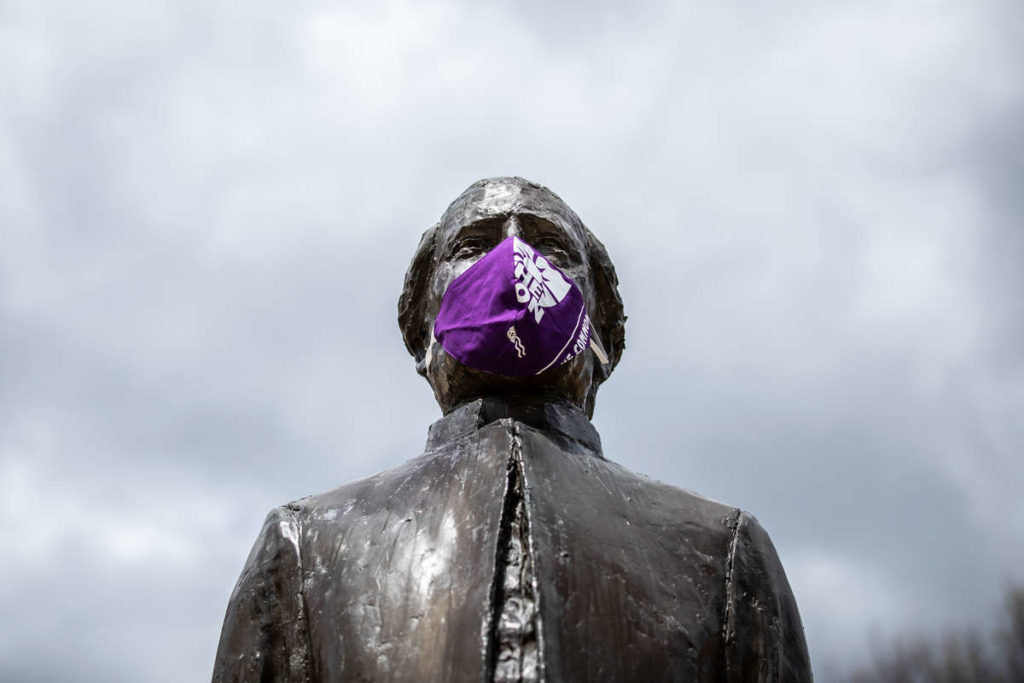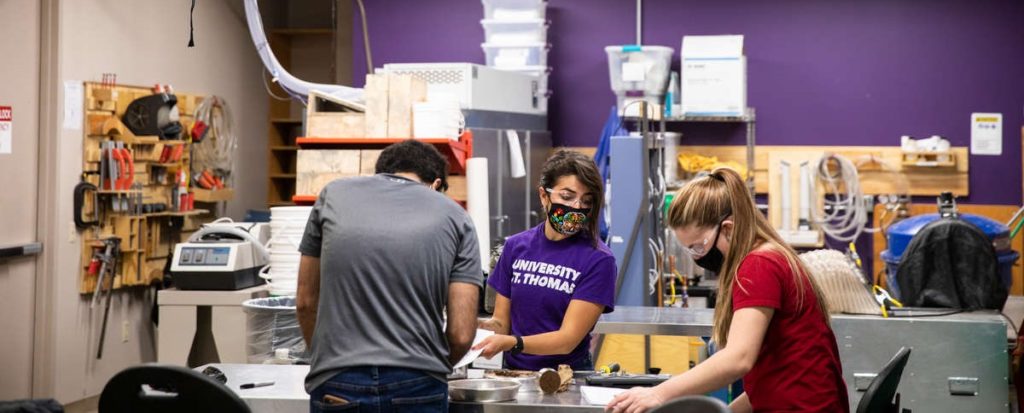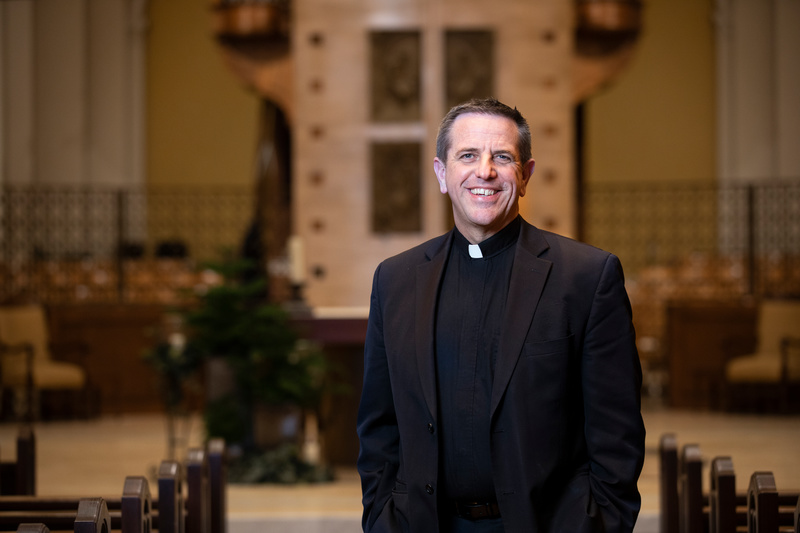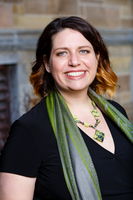
Professor Roxanne Prichard
This summer, Ignite Research Scholar Therese Pham ’23 began working on a sleep study under the direction of Dr. Roxanne Prichard, professor of neuroscience and psychology. The study utilizes social media to understand the pandemic and how resulting sleep pattern shifts affect students. Prichard recognized the value of having a researcher with a unique skill set. “Because the grant for our research is directed toward first and second-year students, I knew I would have a student that might not be trained in stats yet but knows how to read Reddit,” Prichard said. “Before COVID, we were planning to do a more generalized study of sleep utilizing data from Reddit and that was great because we were able to do our research remotely. Then COVID came out and now we have the capacity to look at all of the entries before COVID and after COVID, code them, and see how that’s changed.”
As a sophomore, Pham began working on the study with little to no related experience. “I didn’t know anything about the research process before we started, but I was able to learn more through that experience than I ever could have in the classroom. I am currently in the process of extracting and categorizing 800-900 samples of sleep-related comments from Reddit. The work we’re doing will help us understand whether COVID sleep patterns are good or bad for students,” Pham said.
Dr. Jill Manske, professor of biology, specializes in emerging infectious disease and global health. When the pandemic struck, she could see that her students suddenly understood what she and others in her profession had long ago warned. “For years and years, we’ve all been saying that we’re unprepared, that we don’t have the workforce we need, and we don’t have the resources that we need,” Manske said. “So, I’m heartened to see a number of students become very interested in public health.” Manske is embracing the opportunity to inspire future public health workers to continue their studies by devoting a substantial portion of each class to focusing on the pandemic-related news of the day. The students learn about the themes common to COVID-19, HIV and influenza. In addition, Manske’s approach affords them the unique opportunity to study an unfolding pandemic in real time.
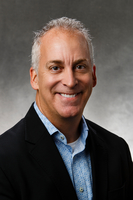
Professor Gino Giovannelli
COVID-19 learning adaptations are not limited to the sciences. Opus College of Business Marketing Professor Gino Giovannelli, who teaches digital marketing to undergraduates and graduate students, regularly tasks his students with preparing marketing strategies for small businesses. When the pandemic hit, one of Giovannelli’s students asked him what he would do with his existing marketing strategy if he was a small business owner. “I told them I’d rip up my 2020 marketing plan and create a new one for the conditions at hand,” he said. “At that point I knew we needed to have all of the teams do just that – modify each marketing plan with the main goal being to help these businesses weather the storm of COVID-19. For the students, making these difficult, real-time adjustments made the project much more than a college assignment and more of a real-life way to support our local business community, for the common good.”
Giovannelli has received excellent feedback from students. “With today’s catastrophic pandemic changing everyone’s lifestyle, rather than brushing it aside, Gino has successfully shifted this into a positive learning experience instead. By using our SBI marketing class as a platform for discussion, compassion, and teaching, he has introduced how we, as students, can support our clients and local community firsthand,” one student wrote.
Dr. John McVea and Opus Senior Executive Fellow Dan McLaughlin are adapting their health care MBA courses to take advantage of the motivation that drive their students. “As instructors, we realized we were facing both a challenge and an opportunity. It became readily apparent that COVID was upfront and central to everything: anxiety, fears, career choices, political feelings, and academic curiosity,” they said. “We were able to amend the health care innovation class to include live discussion and analysis of the COVID-19 crisis. Students very much appreciated this live case study carried out for the first 20 minutes of each class all semester long.”
